- Get link
- X
- Other Apps
- Get link
- X
- Other Apps
The universe is a name that we use to describe the collection of all things that exist in space. It is made of trillions of stars, galaxies, black holes, enormous clouds of gas and many other fascinating things

1.The Universe Could Be Flat
The shape of the universe is influenced by the struggle between the pull of gravity (based on the density of the matter in the universe) and the rate of expansion. If the density of the universe exceeds a certain critical value, then the universe is "closed," like the surface of a sphere. This implies that the universe is not infinite but has no end. In this case, the universe will eventually stop expanding and start collapsing in on itself, in an event known as the "Big Crunch."
If the density of the universe is less than the critical density value, then the shape of the universe is "open," like the surface of a saddle. In this case, the universe has no bounds and will continue to expand forever.
Yet, if the density of the universe is exactly equal to the critical density, then the geometry of the universe is "flat," like a sheet of paper. Here, the universe has no bounds and will expand forever, but the rate of expansion will gradually approach zero after an infinite amount of time. Recent measurements suggest that the universe is flat with roughly a 2 percent margin of error .

2. The footprints on the moon will stay there for the next 100 million years.
Because the moon has no atmosphere, it has no wind to erode the surface and no water to wash away the footprints. Therefore the footprints of the Apollo astronauts, along with the space prints, rover prints will be there for millions of years.
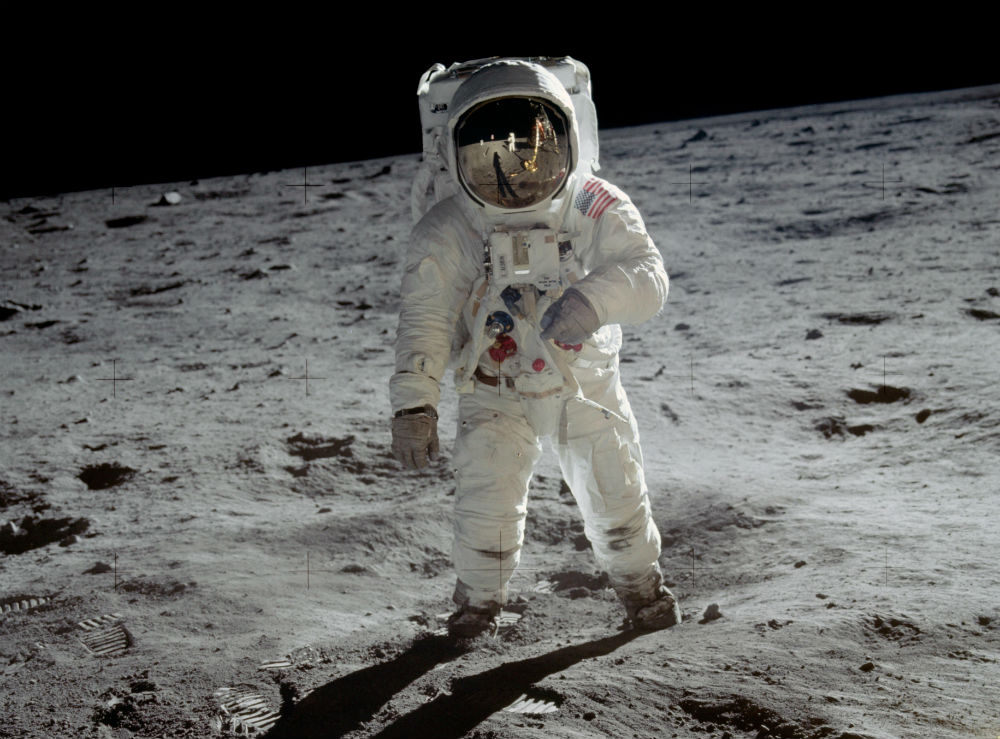
3.Venus: The hot, hellish & volcanic planet

4.Pluto is smaller than the United States
Planet Pluto is smaller than the US. If you walk around the equator of Pluto it would be the same distance as walking from London to Denver.
5. Imagine that massive a waterbody just floating around.
Astronomers have found a massive water vapor cloud which holds 140 trillion times the mass of water in the Earth's oceans somewhere around 10 billion light years away. It is the largest discovery of water ever found.

6.Forget the socks, bring a hat
If you could stand at the Martian equator, the temperature at your feet would be like a warm spring day, but at your head it would be freezing cold!

7.Windiest Neptune
Neptune’s winds are the fastest in the solar system, reaching 2,575 kilometers per hour (1,600 miles per hour)! Neptune
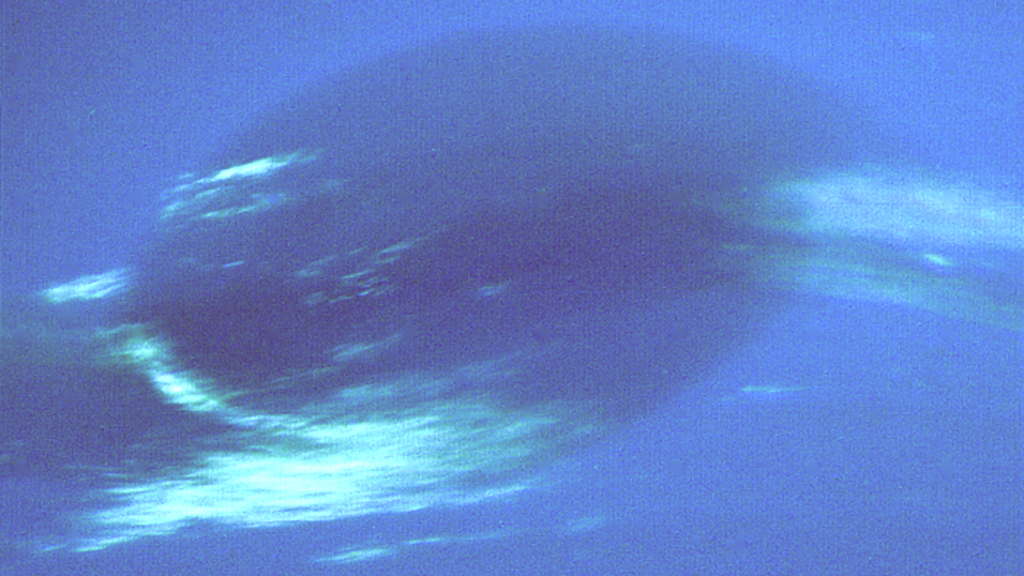
8.Better stick with a rubber ducky
Saturn is the only planet in our solar system that is less dense than water. It could float in a bathtub if anybody could build a bathtub big enough.
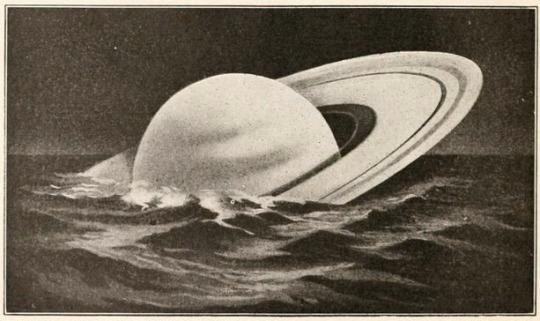
9.Our Earth
- The Earth is the densest planet in the Solar System.
- Earth is the only planet not named after a god.
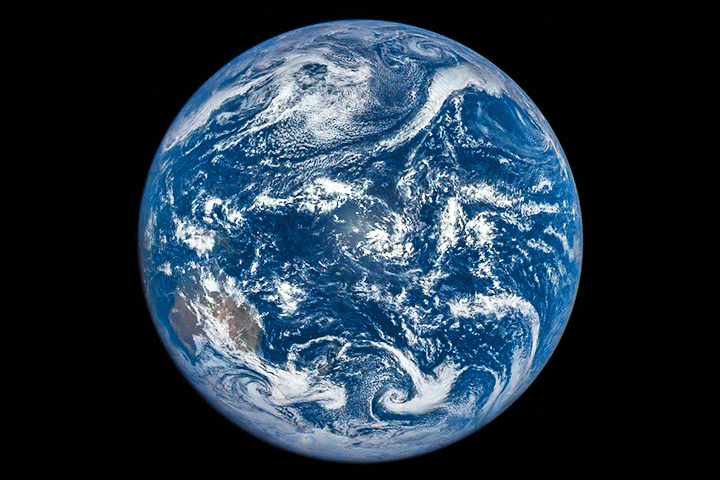
10. There’s a giant cloud of alcohol in Sagittarius B
Sagittarius B is a vast molecular cloud of gas and dust floating near the centre of the Milky Way, 26,000 light-years from Earth, 463,000,000,000 kilometres in diameter and, amazingly, it contains 10-billion-billion-billion litres of alcohol. The vinyl alcohol in the cloud is far from the most flavoursome tipple in the universe, but it is an important organic molecule which offers some clues how the first building blocks of life-forming substances are produced.
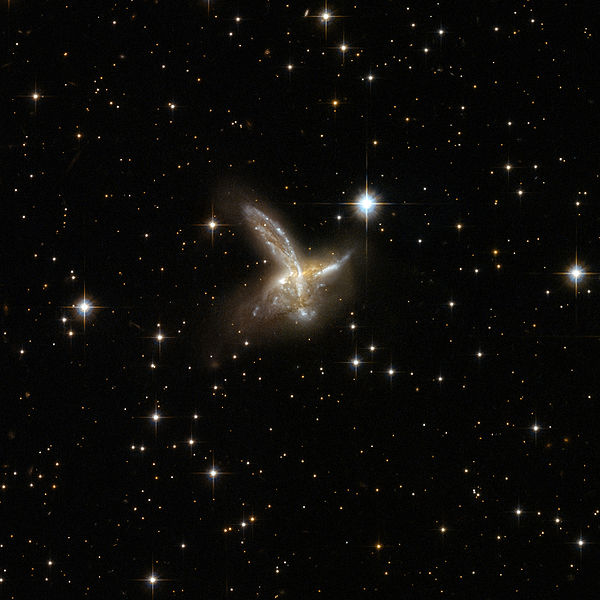
Comments